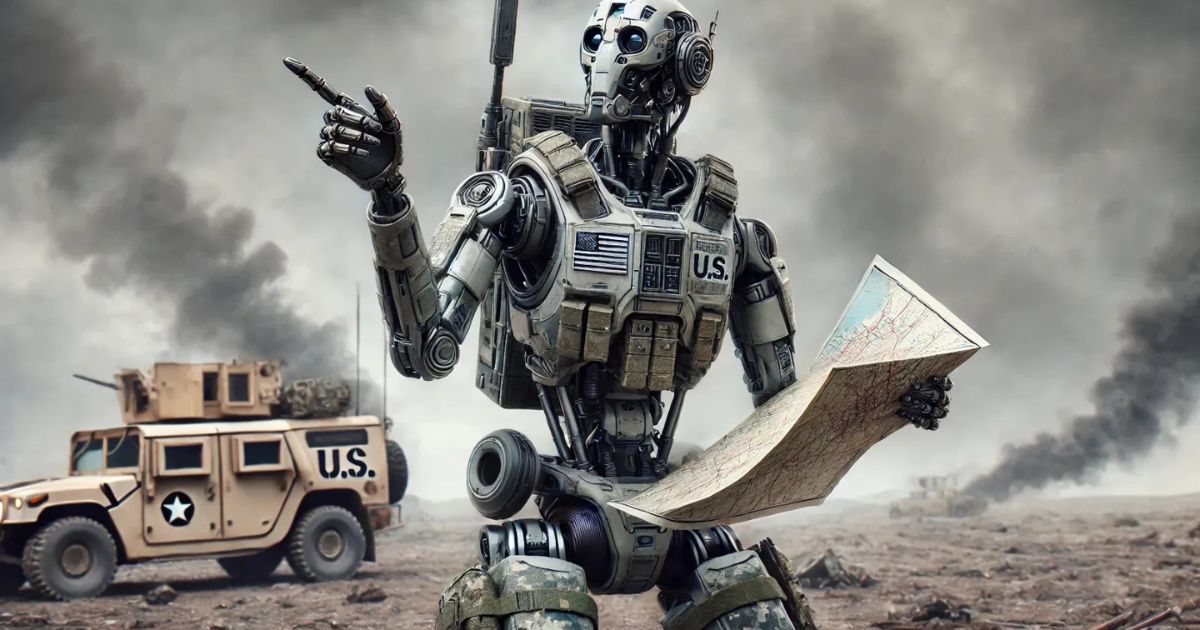From satellite surveillance to real-time threat analysis, artificial intelligence is rewriting the rules of modern warfare. What once took teams of analysts now takes seconds—thanks to machine learning and autonomous systems that never sleep. 🎯
But this rapid transformation comes with a chilling question: What happens when machines start making life-and-death decisions on the battlefield?
AI in the military isn’t just about smarter defense; it’s about striking a delicate balance between strategic advantage and ethical responsibility. As drones grow more autonomous and battlefield decisions become automated, oversight often lags behind innovation. The result? A dangerous gray zone where accountability is unclear—and consequences could be irreversible.
This article explores how AI is giving armies a strategic edge, while also uncovering the hidden risks that may redefine global security and warfare ethics in the years to come. ⚔️🤖
✅ The Strategic Edge: How AI Is Revolutionizing Military Operations
| 1 | AI-Powered Surveillance: Eyes That Never Blink AI enables real-time monitoring of battlefields, borders, and cyber threats—enhancing situational awareness like never before. |
| 2 | Faster Decision-Making in Combat Advanced algorithms assist commanders with rapid threat assessments and tactical planning under pressure. |
| 3 | Predictive Maintenance for Military Equipment AI can forecast failures in jets, tanks, and drones—minimizing downtime and maximizing readiness. |
| 4 | Enhanced Cyber Defense Capabilities Machine learning systems detect and neutralize cyber intrusions at unprecedented speed. |
| 5 | Force Multiplication With Autonomous Drones & Robots AI-driven systems reduce the need for human boots on the ground, executing complex missions with precision. |
⚠️ The Autonomous Threat: Risks and Ethical Dilemmas of AI in Warfare
| 1 | Killer Robots: Delegating Life-or-Death Decisions Autonomous weapons may act without human oversight, raising serious moral and legal concerns. |
| 2 | Lack of Accountability in AI-led Missions When AI systems fail, it’s unclear who’s to blame—developer, commander, or the machine itself? |
| 3 | Data Bias and Misidentification in Targeting Flawed training data can result in civilian casualties or wrong targets being hit. |
| 4 | Global Arms Race in Autonomous Weaponry As nations rush to adopt AI warfare, the risk of destabilizing conflict increases. |
| 5 | Cyber Vulnerabilities in Military AI Systems Hacked AI systems could be turned against their operators—becoming a weapon for the enemy. |
| 6 | Erosion of Human Judgment in War Reliance on machines may weaken ethical oversight and emotional intelligence in decision-making. |
